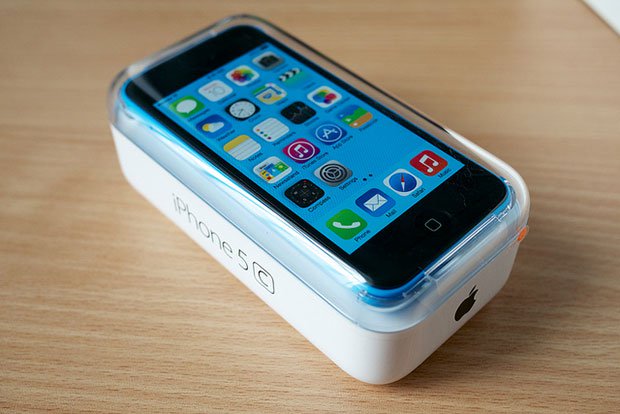Federal Judge Rules FBI Not Required To Disclose Details On Hacked iPhone In San Bernadino Case
In December 2015, a man in San Bernadino, California and his wife participated in a terrorist attack that left 14 people dead. In the wake of that attack, the FBI opened an investigation into the couple and ties to other potential terrorists living within the US. An iPhone 5C was discovered that belonged to one of the terrorists, and the FBI wanted Apple to create a tool that would bypass the security on the iPhone in question and allow law enforcement into the device to look for leads and other evidence.

Apple refused to help the FBI develop a backdoor into the device leading the Justice Department to file a suit against Apple to force the company to participate in the investigation. However, the FBI eventually backed off that request after an unnamed third-party company came to the FBI with a tool that could bypass the security on the iPhone. Since that company came forward, a Freedom of Information Act suit was filed by three news organizations seeking to force the FBI to detail the company and hacking method used to access the iPhone in the case.
The fear some had about the hack was that it might be usable on other iPhones possibly giving the FBI access to more devices. A Federal Judge has now ruled that the FBI doesn't have to release any details on the company or the hack that gave it access to the terrorists smartphone. The reasoning for the ruling was that revealing the company name could pose risk to the vendor who unlocked the smartphone.
The ruling stated, "It is logical and plausible that the vendor may be less capable than the FBI of protecting its proprietary information in the face of a cyberattack. The FBI's conclusion that releasing the name of the vendor to the general public could put the vendor's systems, and thereby crucial information about the technology, at risk of incursion is a reasonable one."
The ruling also protects the FBI from releasing the exact price that it paid to have the device unlocked, despite the public disclosures that claim the cost to unlock the device was around a million dollars. "Releasing the purchase price would designate a finite value for the technology and help adversaries determine whether the FBI can broadly utilize the technology to access their encrypted devices," the court ruled. Federal authorities are demanding ways to bypass security of hundreds of iPhones that were recovered as evidence. One case pending now has the New York District Attorney demanding a new law to allow it to unlock devices when needed.

